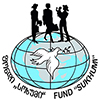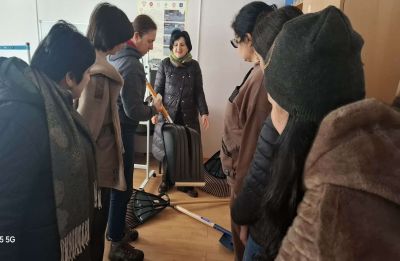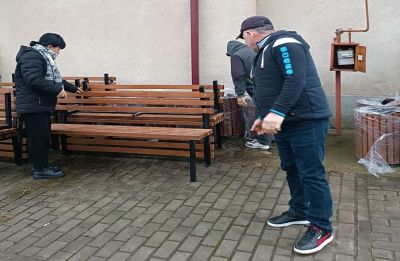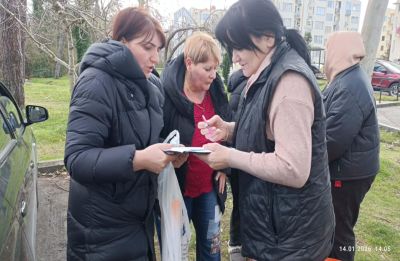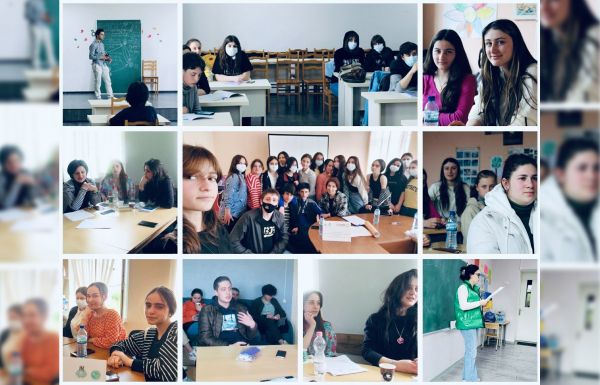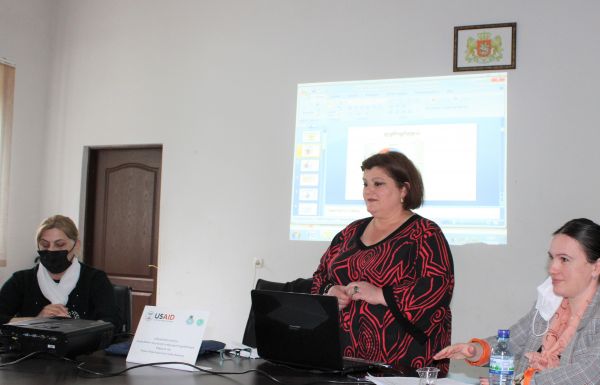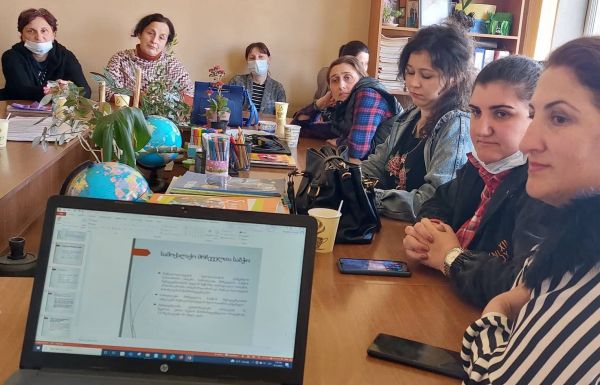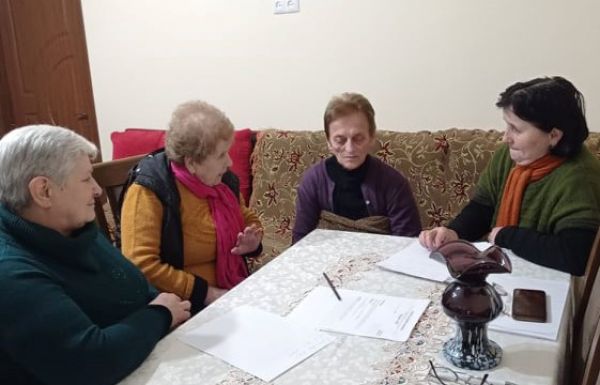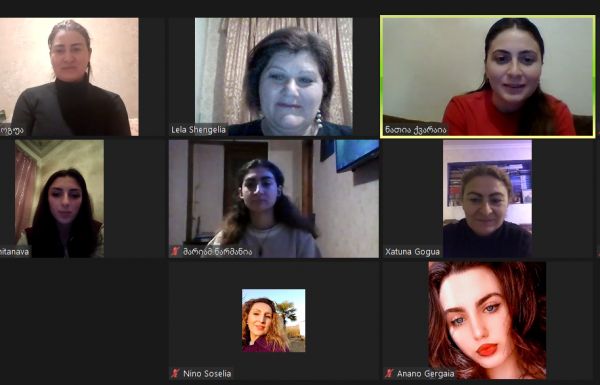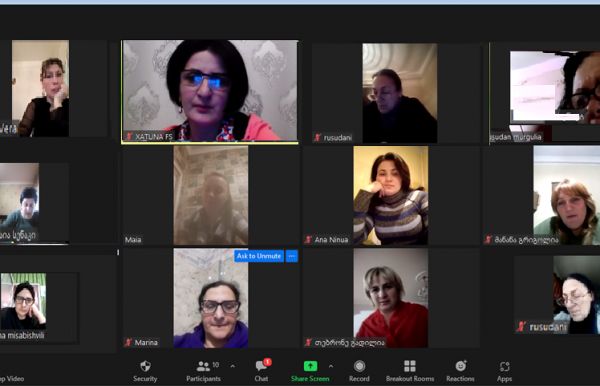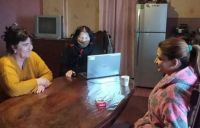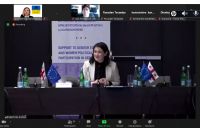Khoni, Kutaisi, Tskaltubo, Senaki, Zugdidi and Tsalenjikha - these are 6 target municipalities, in which the process of implementing youth projects is underway.
The members of the initiative groups have already held informational meetings, discussed various ideas and selected two of them, that will be implemented as a project.
Submission of project applications for discussion by the competition commission has already started. ...
The project is implemented with the support of the USAID
"Women's Participation in Political, Social and Economic Activities - Existing Barriers and Opportunities" The participants discussed the presentation of a report on the systematic date of Quantitative and Qualitative Survey conducted by the Fund “Sukhumi” in Khoni, Kutaisi, Tskaltubo, Senaki, Zugdidi and Tsalenjikha Municipalities, which reflects the public attitude towards women's participation in political and public life and economic activities. The participants had opportunity to express their position and share useful experience.
The project is implemented with the support of the USAID
This time, the guests visited Khoni Municipality.
The meeting was attended by local government officials and USAID representative Giorgi Khechinashvili.
There was a presentation of a systematic data report of quantitative and qualitative research conducted by the Fund “Sukhumi” in Khoni Municipality, which reflects the public attitude towards women's participation in political and public life and economic activities.
The research was conducted in Khoni Municipality in December - January 2022.
The project is implemented with the support of the USAID
Participation of citizens in the implementation of local self-governance – training on this topic was held for the members of the Women initiative Group of the village DidiNedzi (Zugdidi Municipality). Legal acts, principles of financial support of the self-government according to the European Charter, self-governmental unit and its powers. These and many other issues were discussed by lawyer Tamar Pachulia. There was an active discussion during the training and the participants were given the opportunity to share their opinions and experiences.
The project is implemented with the support of the USAID
Like other four municipalities (Khoni, Tskaltubo, Senaki, Zugdidi), the Initiative Group of IDP Women actively worked in Kutaisi municipality. Members of the group conducted an online survey. Then, meetings with different groups were held to obtain additional information and the completed questionnaires were reviewed. As a result of the research the needs of IDP women and girls were identified. Then the Initiative Group will work on their advocacy.
The project is implemented with the support
of the UN Women organization
An online information meeting was held with members of IDP Women Zugdidi Initiative Group. First of all, the participants discussed the current issues, and then listened to information about the planned training.
The training cycle starts in April and will be attended by members of the IDP Women Initiative Groups from all five target municipalities. Members of Zugdidi group will be among them. At the meeting, they got acquainted with the schedule and topics of the training.
The project is implemented with the support
of the UN Women organization
A working meeting was held with members of the Initiative Group of IDP Women in Senaki. In the first part of the meeting, the participants talked about how they conducted the survey, which contributed to the successful completion of the process. In the second part, they got acquainted with the plan for April. It was noted that a cycle of trainings will be held with the members of the group. They were provided with information about what topics will be covered during the trainings.
According to the participants, their awareness, competence, civic activism will increase through the training - all this will contribute to initiating the needs of IDPs at the local level.
The project is implemented with the support
of the UN Women organization
Women Fund "Sukhumi" conducted a survey to identify the needs of IDP women and girls. Members of the IDP Women Initiative Group of Tskaltubo were involved in the process.
40 questionnaires were filled in an electronic format. Questionnaires have already been reviewed to clearly see the needs and priorities that exist in IDP collective centers. All this will form the basis for creating a social profile of these centers.
The project is implemented with the support
of the UN Women organization
The Delegation of the European Union to Georgia hosted a high-level conference on "Women's participation in politics".
The meeting was held in hybrid mode and was attended by women in politics, Advisor to the Prime Minister on Human Rights, Chairman of the Parliamentary Gender Equality Council, activists of civil society organizations, experts, representatives of international organizations, and 12 embassies accredited in Georgia.
Ekaterine Gamakharia, a representative of the Women's Fund "Sukhumi", though online format, emphasized that political empowerment and participation of such marginalized groups as conflict-affected women, IDPs, and people living in remote regions are not paid sufficient attention, and the need to promote the political participation of this category of women is essential.
